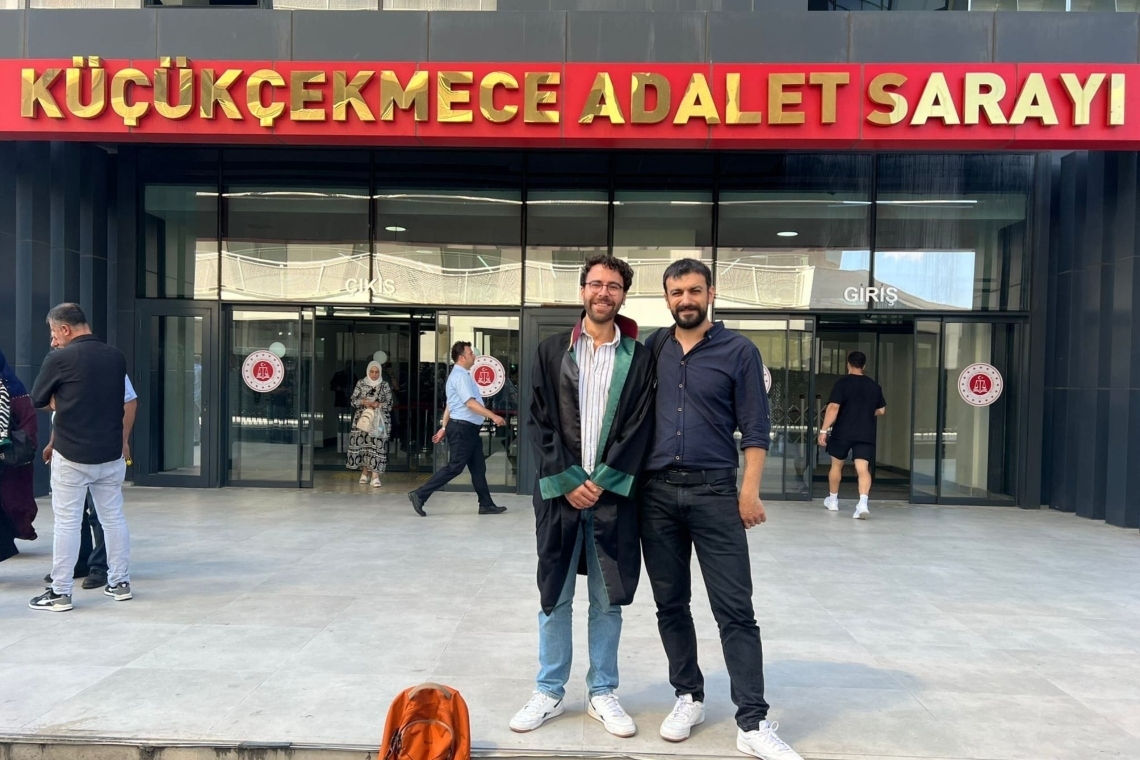July 1, 2024
Eylem Sonbahar
Journalist Onur Öncü was acquitted of charges of "publicly spreading misleading information" in his first hearing. Öncü faced these charges for sharing claims that votes for the Green Left Party (YSP) were misattributed to the Nationalist Movement Party (MHP) during the first round of the Presidential and 28th Term Parliamentary General Elections.
After the March 14, 2023, general elections, Öncü posted on social media about alleged irregularities in vote counting, claiming, "In various polling stations in Hakkari, Diyarbakır, and Urfa, votes for the Green Left Party were written down for the MHP, which brought MHP’s vote count to 10%. Meanwhile, the YSP has started a democracy vigil in Hakkari against vote theft."
This post led to an investigation against Öncü, initiated under a digital policing authority previously annulled by the Constitutional Court in 2020. The investigation culminated in charges under Article 217/A of the Turkish Penal Code, known as the "Censorship Law."
The first hearing of the case took place at the Küçükçekmece 26th Criminal Court of First Instance. Öncü, represented by the Media and Law Studies Association (MLSA), attended with his lawyer Fatih Aydın.
In his defense statement, Öncü explained, "I mentioned in my police statement that my intent was not to spread misleading information. I was relaying a situation by quoting another journalist's post and included the YSP's vigil against election fraud in Hakkari. I was in Istanbul at the time. I deny the charges and request acquittal."
Attorney Fatih Aydın highlighted that Öncü's role as a journalist was publicly known and that they expected the investigation to be dismissed following his police statement. He also noted an error in the indictment regarding the date of Öncü's tweet. Aydın referenced a precedent where a journalist in Bitlis was convicted under the same article, but the conviction was overturned by the Court of Cassation, which stated that the court must clearly explain the danger posed. "The prosecution must demonstrate a concrete danger from the tweet. No such incident occurred from Öncü’s post, and it falls under press freedom," Aydın argued.
The prosecutor, presenting his final opinion, stated that there was no evidence to suggest that the shared information created a concrete danger to public order, and thus requested Öncü's acquittal.
After a recess, the court, in line with the prosecutor’s opinion, acquitted Onur Öncü of the charge of "publicly spreading misleading information."



